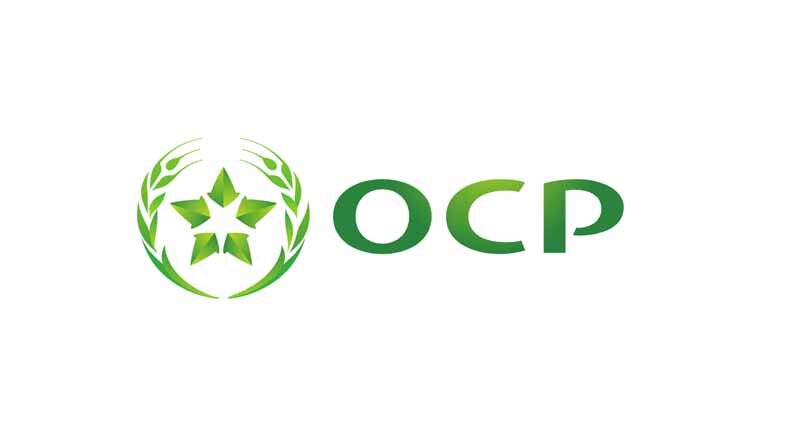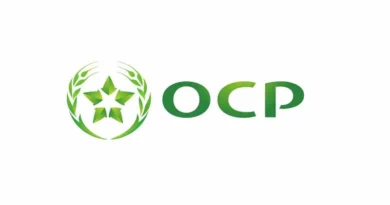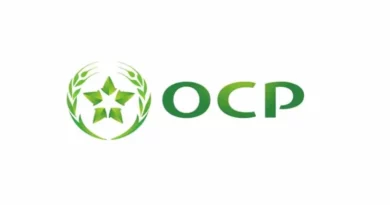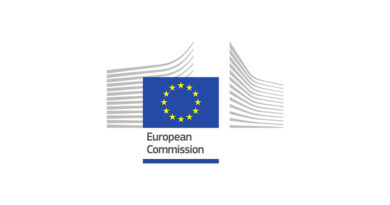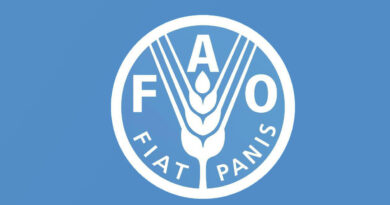The OCP Group dedicates 4 million tonnes of fertilizers to strengthen food security in Africa
07 December 2022, Africa: Working with a broad range of international partners, OCP is addressing both the immediate and longer-term drivers of food insecurity on the continent.
Yesterday, OCP Group Chairman & CEO, Mostafa Terrab announced at the World Bank Annual Meetings that the OCP Group, a global leader in plant nutrition and the world’s largest producer of phosphate-based fertilizers, has committed to reserve over 4 million tonnes of fertilizers for African farmers in 2023. This is more than double OCP’s supply to the continent in 2021 and represents over a quarter of OCP’s expected total output.
In line with OCP’s farmer-centric approach, this fertilizer supply program will include training and capacity building alongside local partners. This allocation ensures that the right fertilizers will be available to the whole continent, helping to boost yields for 44 million farmers across 35 countries, including Morocco, where the company is based.
OCP has heavily invested in the development of eco-responsible fertilizer production capacity, reaching 15 MT of finished product by 2023, from a base of 3MT in 2008. This permits us to respond to Africa’s urgent needs while also supporting farmers around the world.
The OCP Group promotes a holistic approach that brings together partners throughout the value chain to provide the support that farmers need to be successful and to ensure that the continent’s vast farming potential is unlocked for the benefit of Africa and the world.
This current effort builds upon our long-term engagement by OCP in Africa. Our subsidiary OCP Africa has developed a comprehensive farmer-centric approach, which has already reached more than 2 million farmers with fertilizer customization, soil mapping, training, field trials and market linkages.
Mostafa Terrab, Chairman & CEO, OCP Group, said: “The current geopolitical situation reveals deeper systemic fragilities in global agricultural systems. We have to address the challenges facing African farmers, from infrastructure to knowledge to market access to financing. We are glad to be able to do our part and we are thankful for the excellent dialogue and collaboration with the World Bank, IFC, USAID, as well as other multilateral and development agencies involved in this effort, given their demonstrated leadership and long-term commitment to African development”
Also Read: World Soil Day 2022: FAO publishes first global report on black soils
(For Latest Agriculture News & Updates, follow Krishak Jagat on Google News)

